Satire is hard, especially when politics and history are involved. It’s complicated, messy with only a few who can pull it off. Then comes along Taika Waititi, a comic mastermind famed for Boy, Hunt for the Wilderpeople and Marvel’s Thor Ragnarok. Some would suggest it is career suicide, but that hasn’t stopped him. Because what Taika Waititi creates is something that Bialystock and Bloom achieved in The Producers – his very own Springtime For Hitler.
Jojo Rabbit is hilarious, I mean, gut-punching, teardrop, cry out with laughter hilarious. It’s the type of humour we have come to expect from Taika, but here, he’s found a perfect blend between set-up and delivery and his trademark style.
The film revolves around Johannes ‘Jojo’ Betzler (Roman Griffin Davis), a ten-year-old boy who dreams about fighting for his country. Full of jingoistic pep-talk and encouragement from his imaginary friend Hitler (a deliberate caricature performance Taika Waititi), he faithfully believes in every Nazi message and its propaganda. But all that changes when he discovers that his mother Rosie (Scarlett Johansson) is secretly hiding a Jewish girl in their family home.
Based on the novel Caging Skies by Christine Leunens, it’s easy to see why a lot of people may find Jojo Rabbit problematic. One obvious aspect is its dramatic, tonal shifts, especially after its ‘rapid-fire’ barrage of jokes in its first twenty minutes. The second is the tall order ask asking us to sympathise with a fanatic-loving Nazi boy indoctrinated by the Hitler Youth.
Hitler and the Nazis are an easy target; it doesn’t take much to evoke a parody. Taika is not the first, and he won’t be the last, following in the footsteps of Charlie Chaplin in The Great Dictator. But Jojo Rabbit combines the power of ideology with blind fanaticism and how far people would go to enforce it. Whether you find empathy with that reasoning or not is up to the individual, but I won’t blame anyone for feeling indifferent. And I certainly won’t blame you if you think Sam Rockwell needed a new agent after playing another redeemable racist for the third straight role running (I join the chorus on that one). But here’s what I ultimately think. Satire is about balance. Satire understands the conventions of comedy but also understands the real-life horrors that underline that joke, hence Jojo Rabbit’s sharply observed commentary. But crucially, by addressing it, hopefully, it is a necessary step forward to propagate change.
I think we forget that comedy can be a gateway to understanding the complexities of the world. It’s why shows like The Daily Show and Last Week Tonight with John Oliver have thrived under such circumstances. Taika understands that power despite navigating those tricky, transitional changes. But the fact that he is a Polynesian Jew should indicate that playing Hitler is the biggest FU you can give to the dictator.

We also forget that Jojo Rabbit’s perspective comes from a child (a barn-storming debut performance by Roman Griffin Davis) who spends the entirety of the film wrestling with the conflicting views between Nazism, his love of his imaginary Hitler and being a normal adolescent boy. Had Jojo been a little older, the perspective, the maturity and its environment would have been different. But by focussing on his adolescence where imagination and whimsy are rife, just shows how easily a child can adopt those hateful and toxic concepts without fully comprehending its bigger picture. It explains why Jojo’s imaginary Hitler is a sanitised mocked version who roams around who feeds on Jojo’s dependency. It also explains why his viewpoints are utterly ridiculous yet uncomfortably horrific, from Elsa’s (a brilliant performance by Thomasin McKenzie) horror-esque entrance to the antisemitism used by Jojo to describe how monstrous Jewish people are.
But it’s a testament on both Roman and Thomasin on how believable they are in their roles. Taika puts so much faith in his young stars that even his talented ensemble cast are overshadowed. But most importantly, they ground Jojo Rabbit’s satirical edge to provide the emotional bond, context and weight for its audiences. They are without question, the heart and soul of the movie.
If Jojo Rabbit was a full-on comedic enterprise, then you would accuse it of not taking its subject matter seriously. If it had adopted the full-scale dramatics, comprehensively tackling every devastating consequences from Nazi Germany without the caricature endeavours, then it would closely mirror Spielberg’s Schindler’s List. When tackling something as sensitive as WWII, it won’t please everyone. But without addressing one aspect without reconciling the other, would have been misguided and soulless. Taika found a balance and duly made a film that he wanted to make – a pro-peace, anti-hate film that aimed to find love through horror.
Comedy is about subjectivity; it won’t work for everyone, and that’s perfectly fine. Jojo Rabbit never delivers a definitive answer on how you should feel beside the universal agreement that Nazism is still bad. Fascism is still bad. These are things that we already know. Parodied, mocked and caricatured yes, but that doesn’t mean that the historical references it alludes suddenly disappears. It doesn’t mean Jojo Rabbit immediately erases over seventy-five years of atrocities just for a joke. Taika (in his own Taika way) did what Armando Iannucci did with The Death of Stalin or Chris Morris with Four Lions by finding its moments to bring its undeniable reality to the forefront.
And just like The Death of Stalin, Jojo Rabbit shows how powerful people and their ideology still find their methods to align support. It shouldn’t come as a surprise when real-life parallels between the past and the present can be seen in a modern context. History has a funny way of repeating itself, especially in the era of Trump and Brexit. The confidence that Taika has is the self-awareness to acknowledge both. It may not be hard-hitting, but at least you can feel its presence.
Once you begin to accept its timely message, the more you begin to appreciate what a great film it is. Guaranteed, it’s not Taika’s best film (my soft spot for Hunt for the Wilderpeople will never fade), but to put it in perspective, Jojo Rabbit is at least honest with itself. We’re used to a cynical point of view. In some respects, Jojo Rabbit takes us by an audacious surprise. But given the nature of our world at the moment, it’s also the tonic we need right now.
Taika’s dual-role is as slick as you can imagine – a mark of a confident director with a creative direction and vision that seems to expand with every project. Scarlett Johansson’s energetic and outstanding performance shows there’s life after the MCU. Out of the ensemble cast, she stands out as the spark of hope that challenges Jojo’s mentality.
Taika achieves the impossible, balancing an enjoyable mix between satirical comedy, heartfelt sentiment and poignancy. In any other hands, this would have been a complete disaster. Comedy works when it’s constantly pushing the boundaries. By that logic, Jojo Rabbit is not as fresh or revolutionary. But through boldness and sheer lunacy, Taika takes on the challenge to deliver something subverted and outrageous, with one of the best cinematic lines in history. It’s a risk, but it brilliantly pays off.
JOJO RABBIT screened as part of the BFI’s London Film Festival 2019. Out in UK cinemas 3rd January 2020.

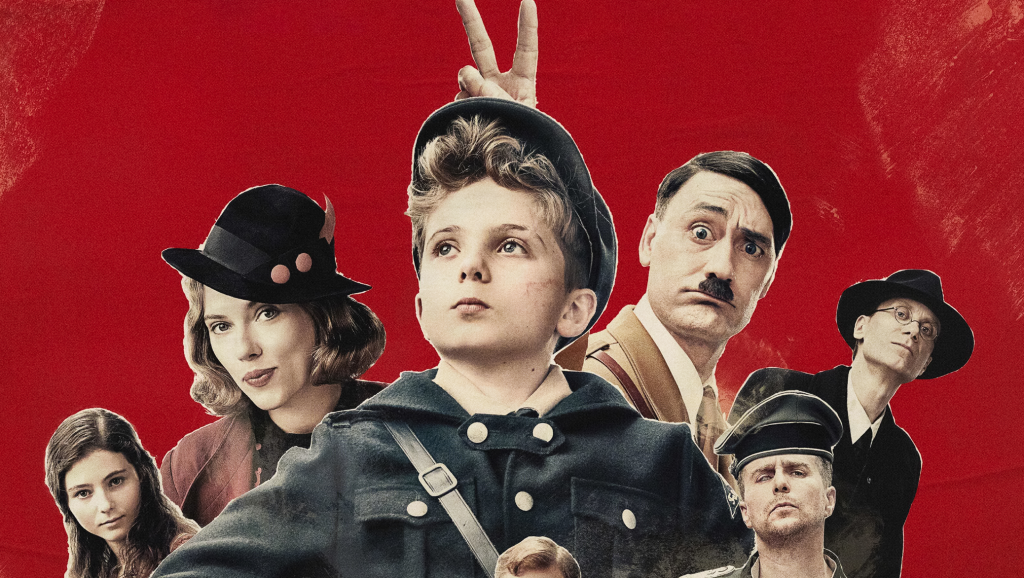
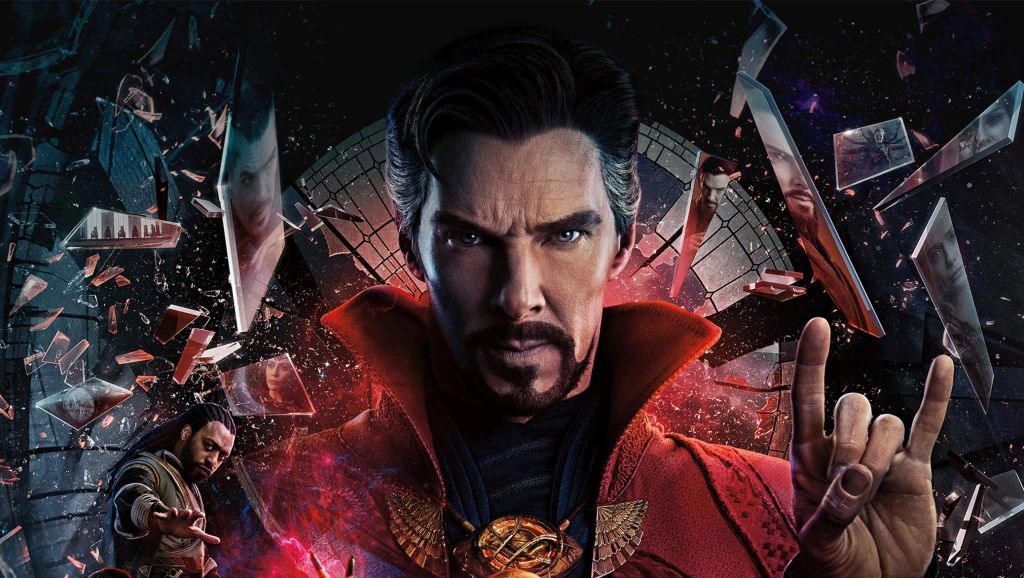
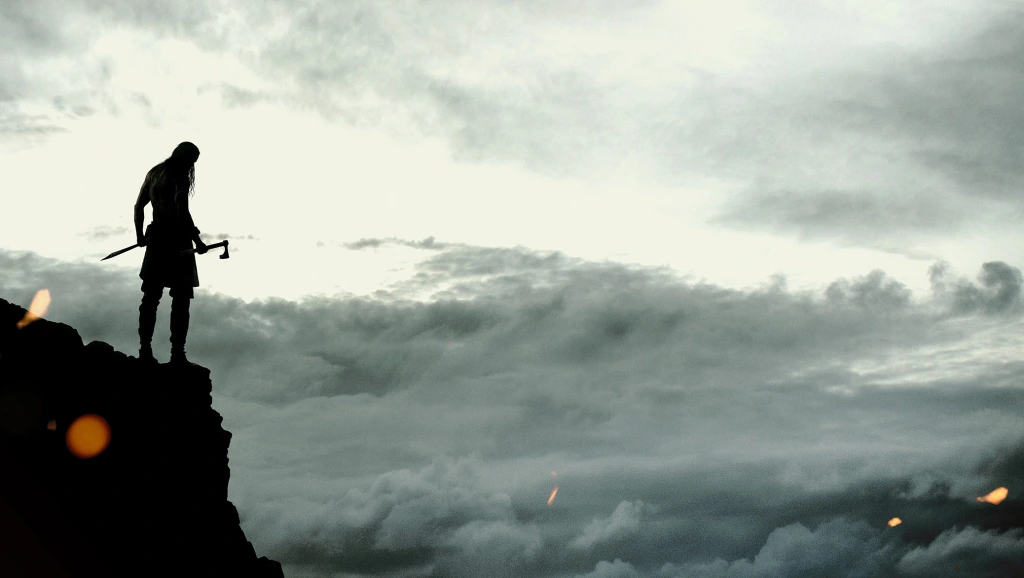
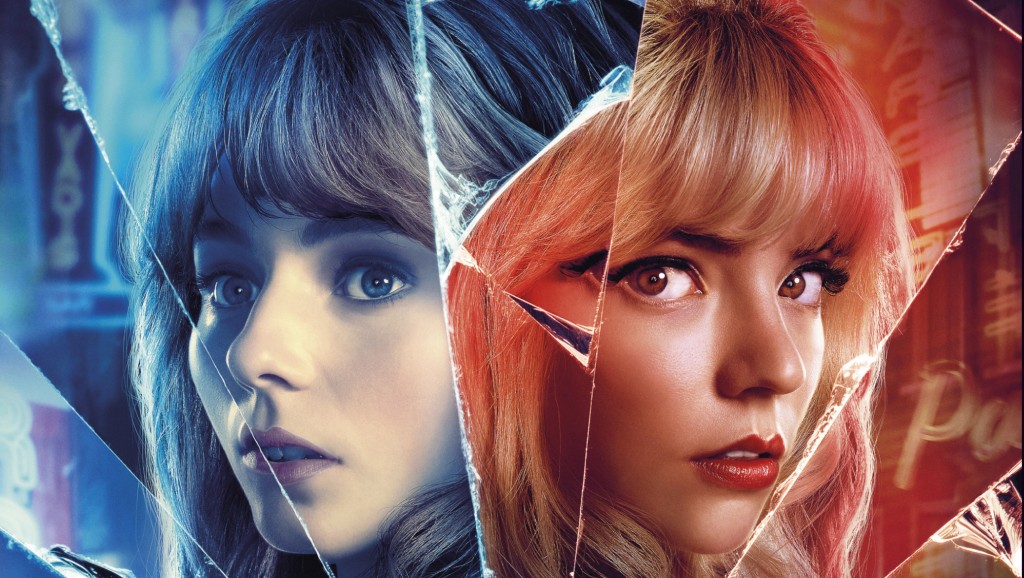
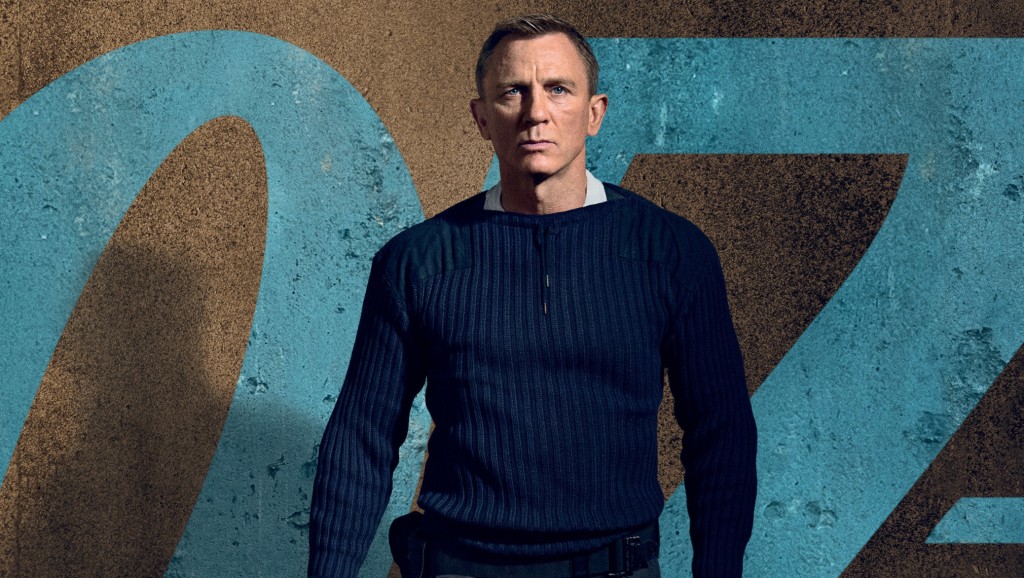
Don’t Be Shy – Leave a Reply